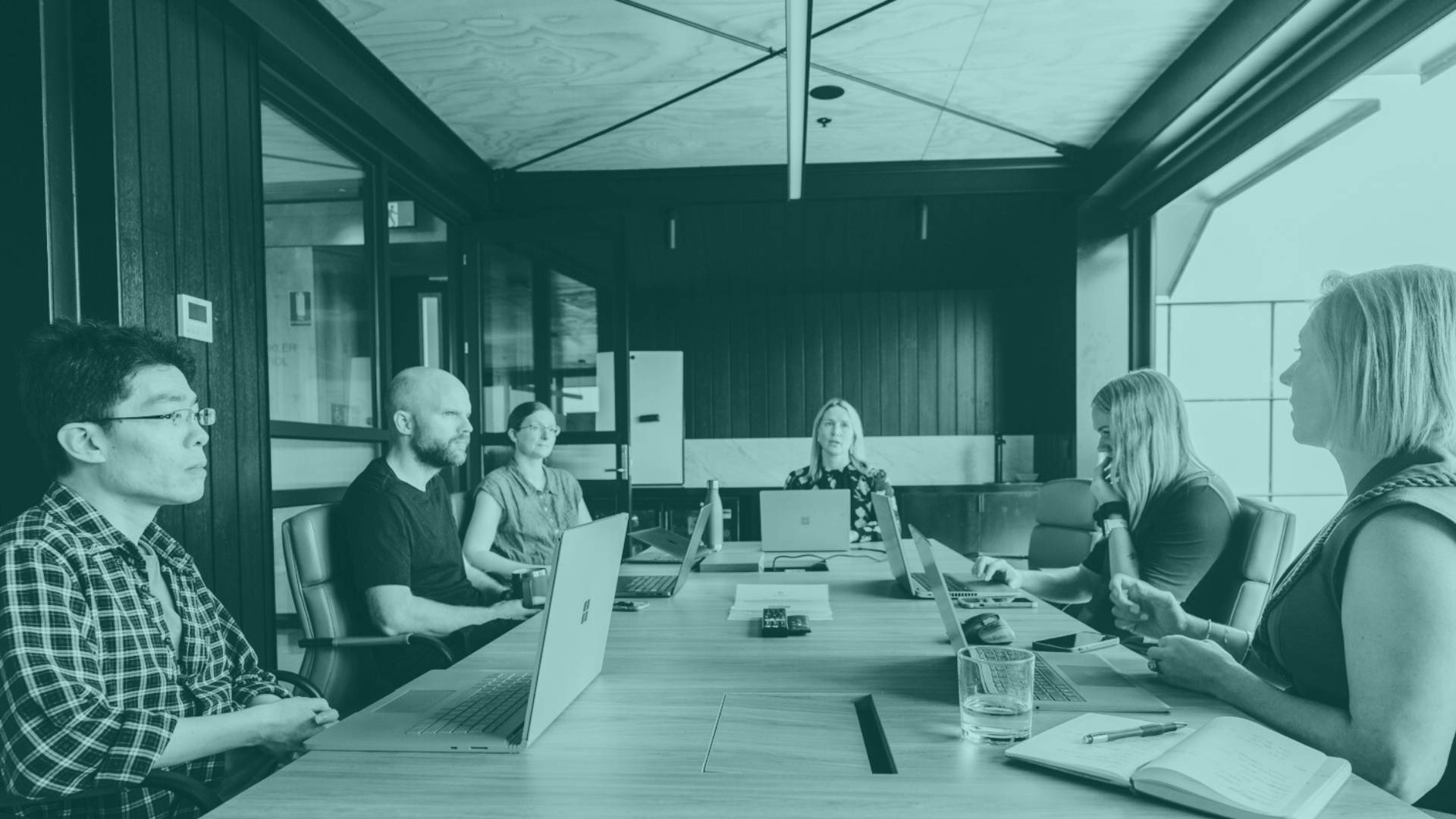
Collaboration and sustainability working groups
Bringing your team on the journey of change can be challenging for all organisations. Getting your internal teams mobilised and empowered to help you shape and drive your sustainability strategy is what motivated our team to build Climate Zero Learn. We know that educating your workforce on why you’re doing the work to reduce your carbon footprint can be a large part of any sustainability or operations teams’ role.
Learning from experience with Tai Lennon
Climate Zero’s diverse team comes from many backgrounds and experiences. What aligns us is our passion for system change and commitment to the environment. We spoke to our MD Tai Lennon on her experience working as a Head of Sustainability about working with stakeholders and creating sustainability working groups. Identifying the team members in organisations who are going to do the hard work to change things was integral to implementing her strategy.
‘When I started as Head of Sustainability, the business had a general focus on striving to make a positive impact on its people, places and planet. There were a number of progressive environmental initiatives in progress, and there was really great work being done by the company’s Philanthropic Foundation. They needed someone to formalise and coordinate the strategic side of sustainability,’ says Tai.
‘Before reaching out to stakeholders or creating working groups it was important to develop a strategy encompassing specific group wide goals, actions, targets and policies. That way any relevant stakeholders would have a clear understanding of what our ambition was and how we were tracking towards it. The strategy was built on the existing foundation of people, place and planet and identified nine environmental and social areas of focus’.
What to consider when forming a working group
Tai shared with us some key learnings from her experience bringing a diverse group of stakeholders together. The most important considerations when looking at who would be involved in these working groups were ensuring that:
- There was a selection of people from all departments and different levels of the business.
- The potential members had genuine interest in making a positive impact.
- The members had a willingness to roll up their sleeves. For example, are they going to mind getting well acquainted with the bin area on site and how waste is managed?
- Most importantly, they’re open-minded people. Willing to listen to different perspectives and able to contribute constructively to discussions and initiatives.
‘Once the working group was established, the next important step was a big brainstorming session, also including additional people from other areas of the business particularly people on the ground who are some of the key stakeholders that will have to implement the initiatives for change.
Resourcing is key
To set everyone up for success, it was imperative to empower managers to provide working group members allocated amounts of time in their work week for sustainability tasks. The working group was a fundamental part of the strategy, not only implementing but communicating initiatives and increasing employee engagement. That’s why you need to find the right people’ says Tai.
Climate Zero Learn is a great way to support both senior leaders and your team in developing their knowledge about net zero and greenwashing. Sustainability is a key focus for most organisations looking to stay relevant in today’s economy. Any resources you can provide to your team to develop this knowledge and skills will benefit the individual and the organisation in the long term.
If you’re interested in learning more about Climate Zero Learn get in touch.

